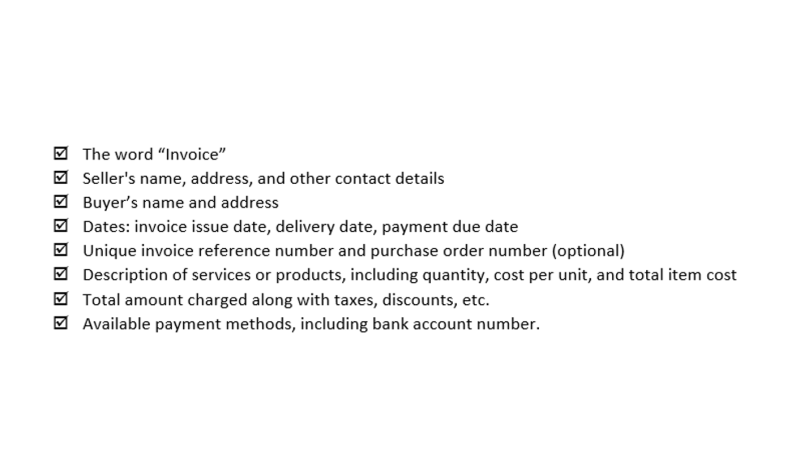

Use an online payment merchant like LawPay that is in compliance with ABA and IOLTA guidelines since you may only charge your clients payment fees that are directly connected to their trust account. Be sure to brush up on lawyer billing ethics so you don’t run into any problems with your clients. Interest on Lawyers Trust Accounts, commonly known as IOLTA, is a pivotal program that allows attorneys to pool short-term or nominal deposits of client funds into a single account.
In addition to internally maintaining accurate records, you should also request monthly trust accounting statements from your bank to ensure that all activity matches your firm’s ledgers. Keep client trust funds separate from these and other non-client trust accounts to avoid accidental commingling or misuse of funds. While the horror stories are true (usually negligent cases), you can get ahead of common issues by familiarizing yourself with the rules and streamlining processes as much as possible. This guide will go over the basics of trust accounting, share examples from MyCase reports, and go over rules and best practices for your law firm to follow. Improper trust accounting in your jurisdiction could have negative, permanent consequences. In the worst case, you could lose your license to practice law and face disbarment.
The right tool can streamline your workflow and ensure compliance with attorney trust account rules. For example, law firms that handle real estate matters may require several pooled trust accounts at different financial institutions. Law firms must track retainer balances—typically with the assistance of their practice management software—allowing them to prompt the client to replenish the balance before the lawyer performs more attorney trust account work. In this way, the law firm knows they will get paid, and the client knows they have “reserved” services. A law firm’s operating and trust accounts function independently of each other and even require separate recordkeeping processes.


Incorporating a trust into your estate plan can be a strategic move for several compelling reasons. Firstly, a trust empowers you with greater control over asset distribution, ensuring that your wealth is allocated precisely as you desire. This is especially advantageous in complex family situations or when minor children are involved. Secondly, specific types of trusts, such as revocable living trusts or irrevocable trusts, can help you avoid the often lengthy and costly probate process.
Trust accounting software makes the process of tracking, reporting, and transferring funds easier for law firms. When audit season rolls around, having detailed tracking and reporting of trust accounts is essential. Generic accounting software can make this process challenging, but a trust accounting solution designed for lawyers can simplify it. For instance, LawPay offers a unified platform to accept and manage payments, helping you avoid the risk of commingling funds and ensuring compliance with trust accounting rules. A client trust account is like a safe haven for your client's funds, separate from your firm’s operating accounts.
This distinction is vital to avoid conflicts of interest and to protect the client’s interests. Consider adopting MyCase Accounting to manage legal trust accounts easily and efficiently. Our cloud-based law firm accounting software houses your firm’s financial data in one platform. With our seamless platform, you can maintain visibility, compliance, and control over all law firm transactions. Legal payments software can also help keep attorney and client funds easily separated. These types of tools help you seamlessly manage physical and electronic client payments between your firm’s trust account and operating account while ensuring compliance.
Every time a check is written from the law firm’s trust account to the operating account, the client or matter should be included in the memo. This helps prevent mix-ups in client funds and means fixed assets that the law firm can always know where a matter balance sits. Therefore, if the client writes a check or makes a single credit card payment of $1200, the money must go into the trust account. A detour through the firm’s operating account, however briefly, isn’t ethical.1 This holds true even if the lawyer is entitled to the flat fee right away.

A fiduciary has a high level of responsibility to the person he or she represents. In this role, a lawyer may receive funds that belong to a client or third party. To reduce the risk of the lawyer using that money incorrectly, the lawyer must place it in a trust account. The lawyer does not put this type of money in his or her personal bank account.
After all, as the attorney, you’re the one on the hook for misusing funds from an IOLTA, even if it’s made by a bookkeeper or paralegal. Many malpractice claims also arise from minor human errors, including missed deadlines and miscommunication. Lawyers may need to hold funds for retainers, settlement proceeds, and court-awarded damages, among other reasons. Using an IOLTA account ensures any interest earned is remitted to state bar associations, which are donated to support legal virtual accountant aid programs and other public service initiatives. These tools are a godsend for practitioners looking to automate their workflows and ensure adherence to trust accounting regulations.